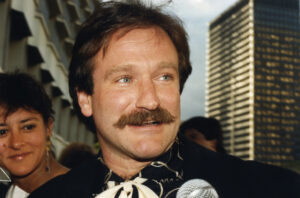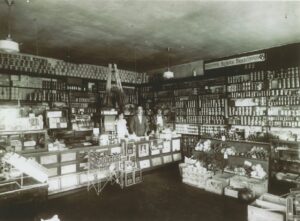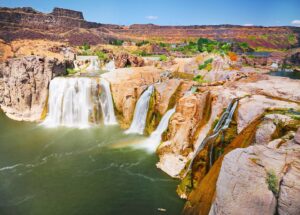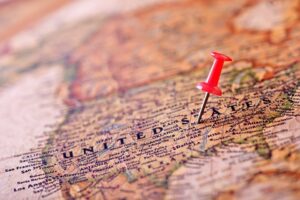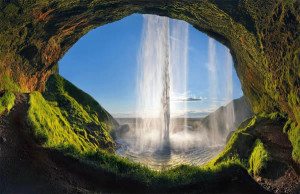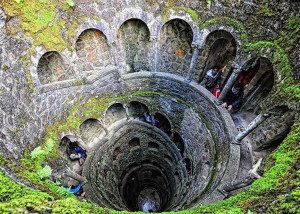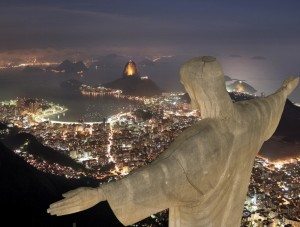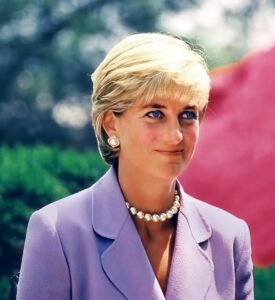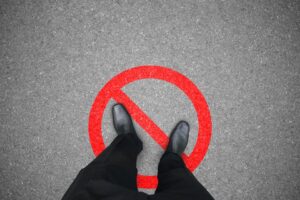Each neuron forms about 1,000 connections to other neurons, making up more than a trillion connections. If each neuron could only help store a single memory, you might have only a few gigabytes of storage space. But neurons combine so that each one helps with many memories at a time, exponentially increasing the brain’s memory storage capacity to something close to 2.5 petabytes (or a million gigabytes).
To put that into perspective, imagine your brain like a digital TV recorder. 2.5 petabytes would be enough to hold three million hours of TV shows — you could leave the TV running continuously for more than 300 years. That’s a lot of storage. So why waste it?
However, since you will probably have a few megabytes to spare even after you finish scrolling through the list, fire up our older posts full of facts here, here, and here.
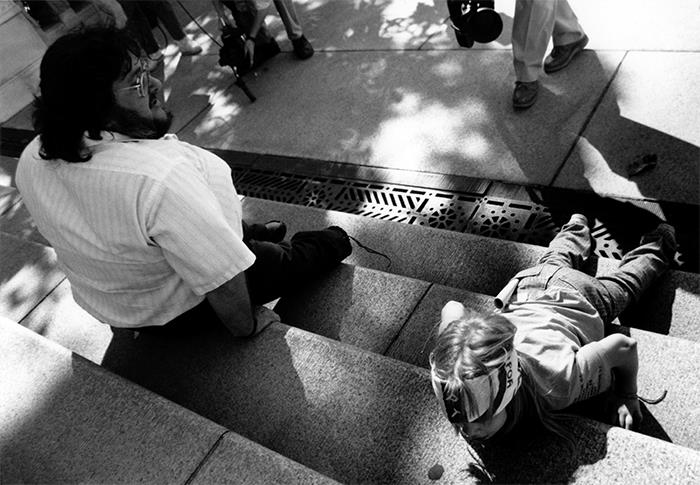
Over 60 disability rights activists abandoned their mobility aids and climbed, crawled, and edged up the 83 stone steps of the U.S Capitol, demanding the passage of the Americans with Disabilities Act, which had been stalled in Congress. It was called the ‘Capitol Crawl’.
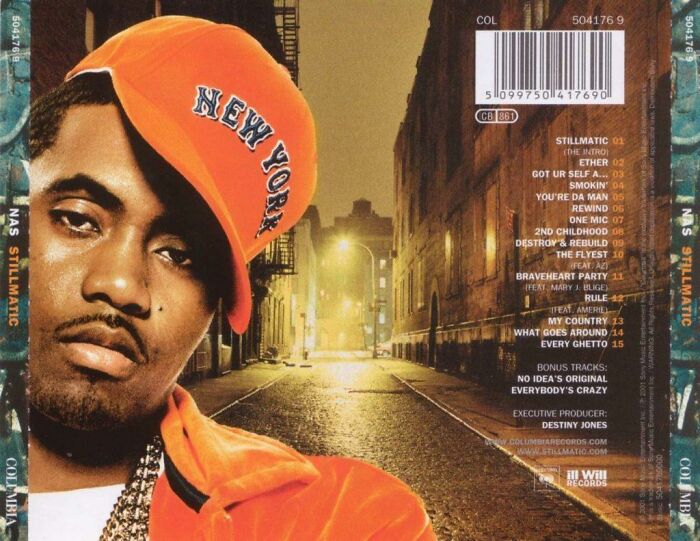
Nas listed his then 7-year-old daughter, Destiny Jones, as an executive producer on his fifth studio album Stillmatic to ensure she would always receive royalty checks from the album.
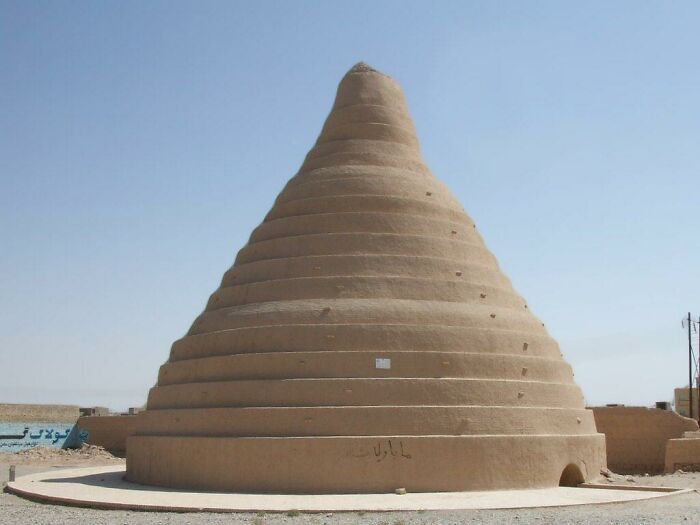
In 400BC, the Persians invented a way to make ice in the desert using evaporation cooling.
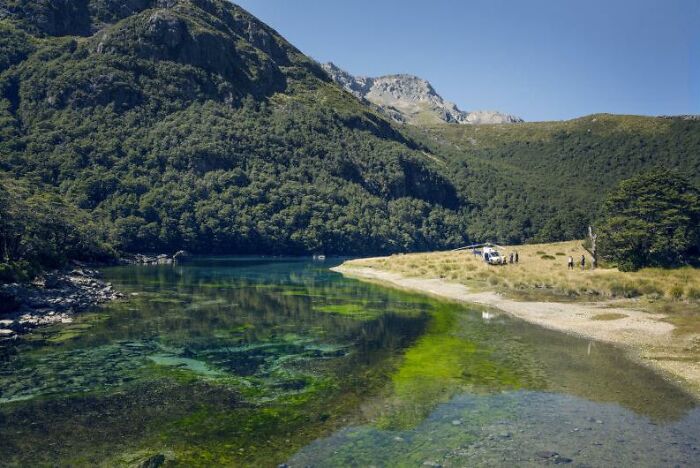
The clearest lake in the world is the Blue Lake located in Nelson, New Zealand. Visibility in the lake is up to 80 metres meaning the water is considered almost as optically clear as distilled water.

The US provided Laos with funds and concrete to expand an airport that could serve as a base for US fighter jets during the Vietnam War. But as the funds and concrete arrived before any contract was signed, Laos decided instead to build a memorial to soldiers who died in World War II.
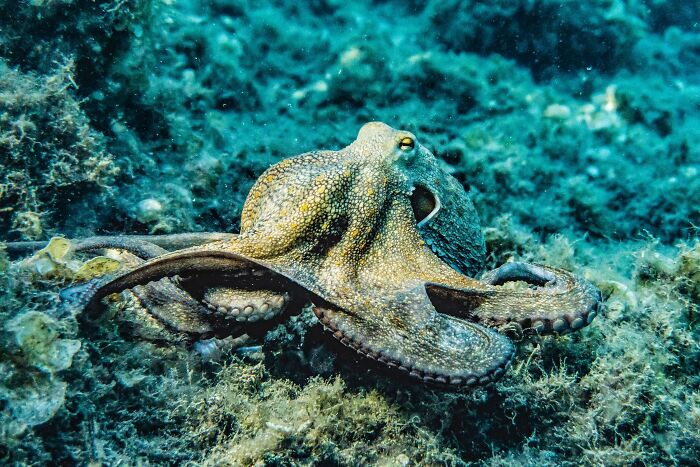
Octopuses are one of the most intelligent creatures on the planet, capable of solving complex puzzles, using tools, escaping captivity, and planning ahead in the future.
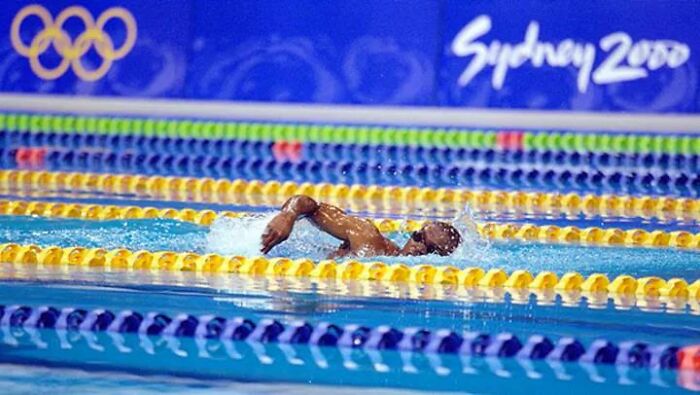
Eric Moussambani had never seen an olympic sized swimming pool before the 2000 Olympics. He recorded the slowest time in 100m freestyle history at 1:52.72. However, won his heat as all other competitors false started. He is now a national hero the head swimming coach of Equatorial Guinea.
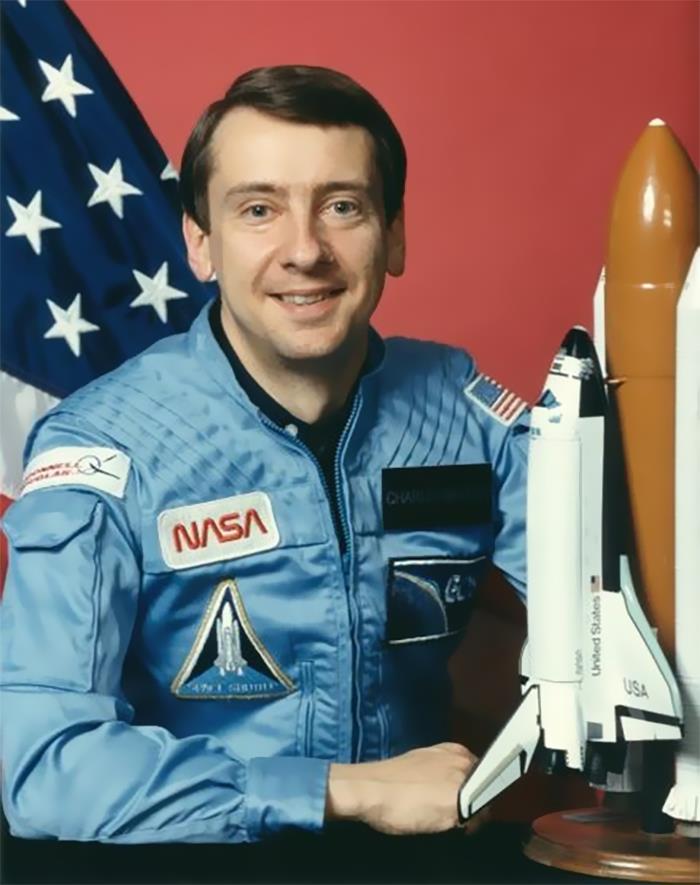
Charlie Walker, the first non-government individual to fly into space. After NASA deemed him unqualified and rejected his 1978 application for astronaut, he co-developed a space bound device which required him to accompany it. Walker flew into space three times with the device he co-patented.

Sony sold its waterproof Walkman in a bottle of water to prove it was really waterproof.

Bruce Lee was the winner of the 1958 Hong Kong Cha-Cha Dancing Championship. He kept a card with 108 different cha-cha dance steps in his wallet and developed new moves which he wrote down in a personal notebook labeled “Cha-Cha Fancy Steps.”

Beavers build their dams as an instinct to stop the sounds of water leaks. If a speaker is playing just the sound of running water, a beaver will build a dam over it. This is even if it’s over concrete with no visible water, or if an actual nearby leaky water source is quieter than the speaker.
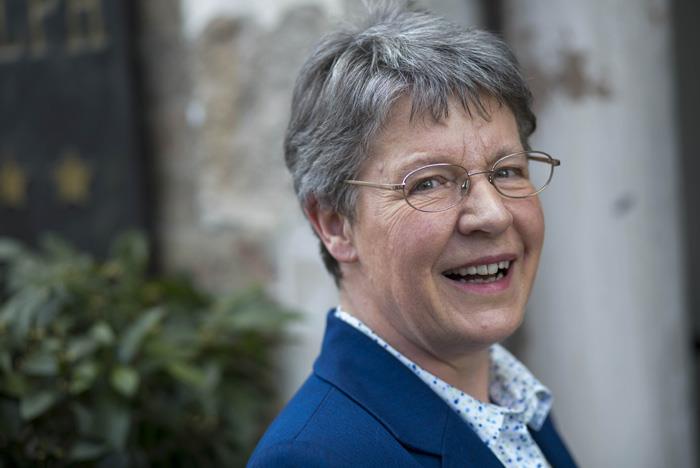
Astrophysicist Jocelyn Bell Burnell, who as a student discovered pulsars, credits her discovery to impostor syndrome and a fear of being kicked out of college; “I’m a bit of a fighter, so I decided until they threw me out I would work my very hardest”. That discovery earned the 1974 Nobel Prize.
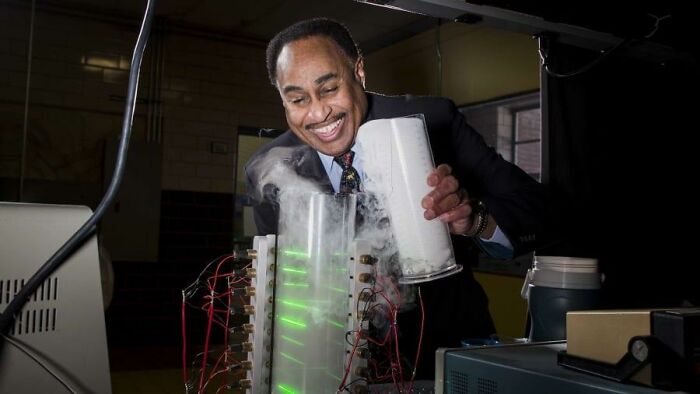
When his father died of a heart attack, Ronald Mallett resolved to discover time travel to see him again. He went on to earn a PhD in physics and become a professor, and has been working on plans for a time machine ever since.
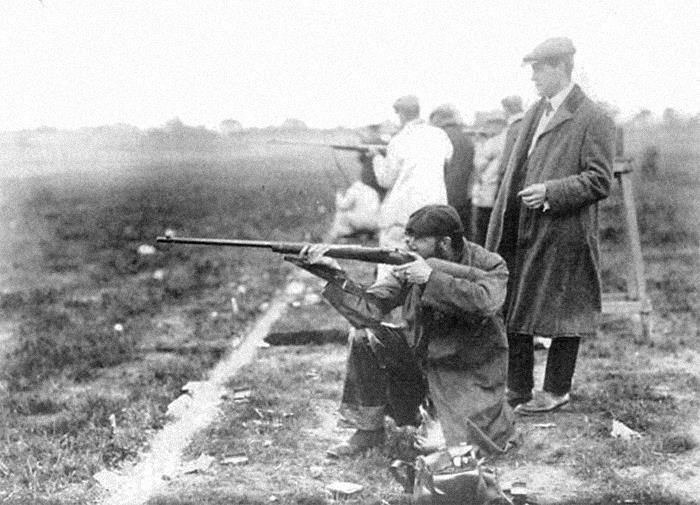
În 1908, the Russian shooting team arrived at the London Olympics twelve days late. The Russian team had made sure to arrive a few days before the event was scheduled, but Russia still used the Julian calendar. The UK had switched to the Gregorian calendar 150 years earlier.









